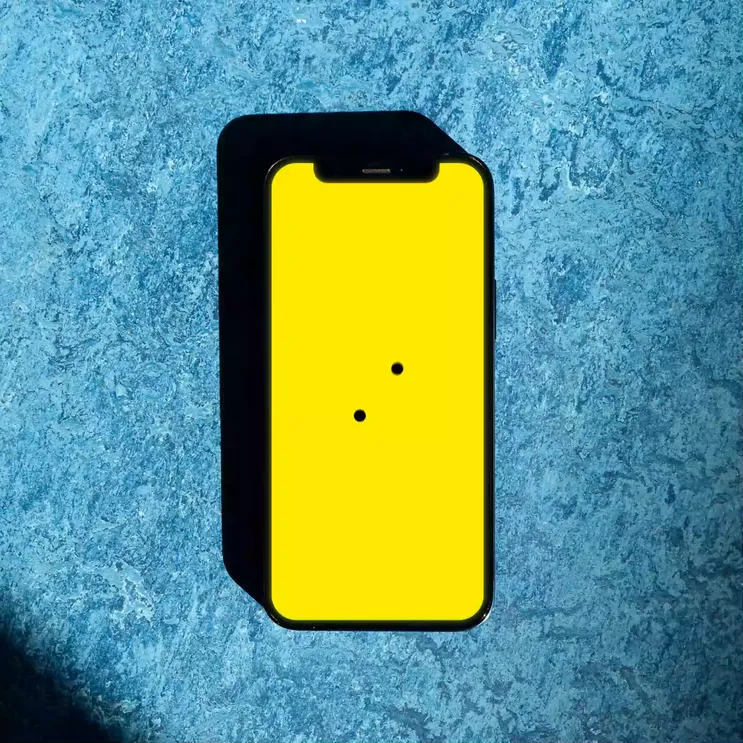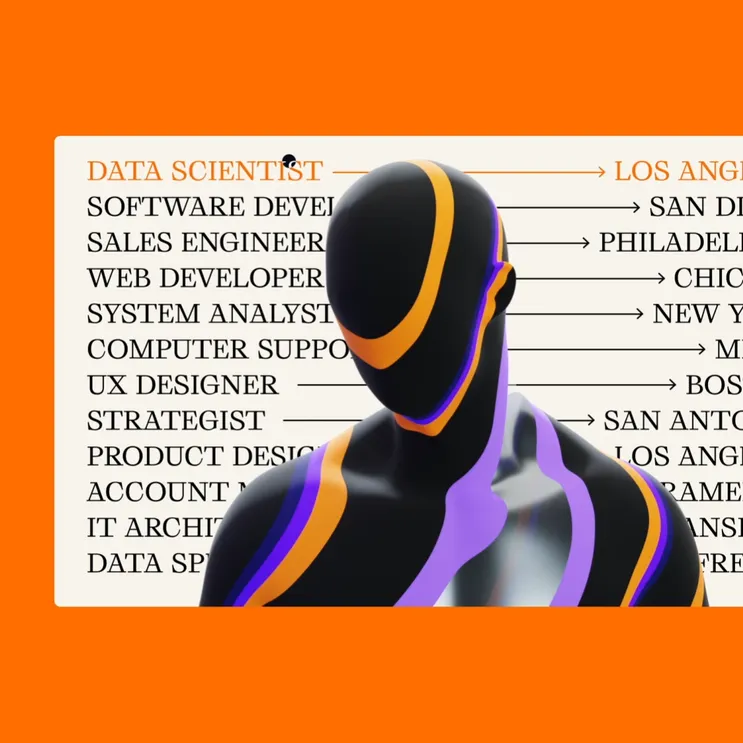Branding
11 min read
8 Most Controversial Marketing Campaigns
Strong adverts make you feel things and decide quickly. Adverts are made to control and influence us, shaping how we think, feel, and act, to make money.
But in the world of ads, some are meant to start conversations and challenge how we see things. Others just make people really mad.
How do we know which ads are a big deal?
We say ads are controversial when they make people react strongly. They can be rude, harmful, or just not cool. When companies make bad choices in how they advertise, it can really hurt their reputation. Some ads even mess things up for the brand, the customers, and the people connected to it.
Let's look at some of the most controversial ads in times gone by!
Hyundai – Pipe Job
Back in 2013, Hyundai launched a commercial for their new ix35, highlighting its claim of emitting 100% water emissions. The ad featured a man sealing a pipe from his car’s exhaust to his window, starting the engine. The camera zooms in on him sitting back in defeat with the garage closed. Surprisingly, once he steps out of the vehicle, the man seems hydrated.
This ad sparked controversy and received criticism for being insensitive to those affected by suicide or dealing with suicidal thoughts. Hyundai issued an apology statement and promptly removed the ad from airwaves.
Dove – Real Beauty
Dove faced significant backlash following the release of a marketing campaign portraying a black woman transforming into a white woman after using their product. The ad depicted a black woman removing her top to reveal a white woman underneath, leading many to interpret it as promoting white skin as the beauty standard.
The commercial stirred racist rumours, prompting Dove to swiftly defend itself, claiming that the ad was misunderstood. This sparked the hashtag #donewithdove on Twitter, with many users pledging to boycott the brand’s products.
In response to the controversy, Dove issued an apology and removed the ad from circulation.
Dettol – Just Won’t Do.
Dettol, a versatile antiseptic disinfectant for household cleaning and skin disinfection, faced backlash for a controversial ad. The ad displayed an image of a deceased body with a man covered in blood walking away, accompanied by the tagline, “When ordinary soap just won’t do…”
The use of graphic imagery associating their product with violence and death sparked intense controversy. The ad did not resonate well, as it was deemed inappropriate and unsettling. In essence, there are alternative and more considerate ways to market disinfectants.
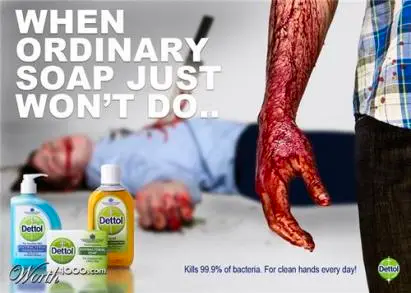
KFC – FCK!
In 2018, KFC confronted a chicken shortage crisis in Britain, leading to rationing and temporary closures of some stores. In an effort to apologiSe for the inconvenience, KFC ran a full-page ad with a bold headline: “FCK.”
By rearranging the letters, the intention was to express shared frustration with their customers. However, this unconventional approach didn’t go without criticism, with some people deeming the use of the F-word as inappropriate. – Personally, Dan loved this one!
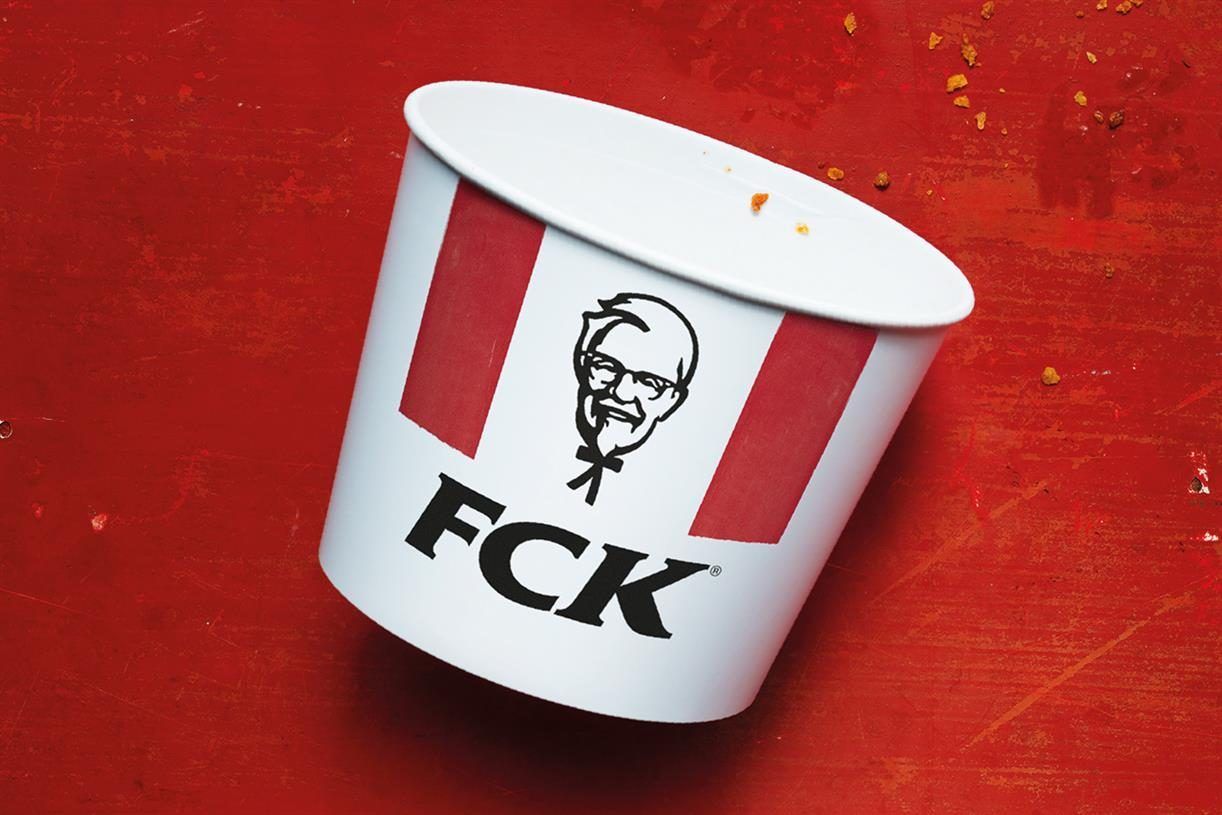
Reebok – Infidelity is A-OK!
In 2012, the company launched a series of posters in Germany with the leading phrase ‘cheat on your girlfriend, not on your workout.’ This attempt at humour faced criticism, with many arguing that Reebok was glamorising infidelity.
Responding swiftly, the company removed the advert and issued an apology, clarifying that they do not endorse cheating in any form. It turned out to be a less-than-ideal advertising campaign for Reebok.
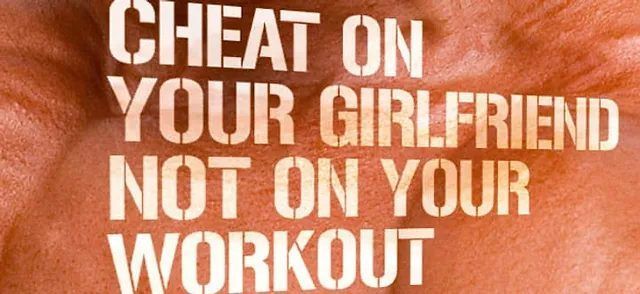
PureGym – Slavery Was Hard, and So Is This Workout
In 2020, the Luton and Dunstable branch of the UK fitness centre PureGym faced severe backlash for a Facebook post outlining a month-long exercise challenge featuring popular workouts like burpees, push-ups, and deadlifts.
However, instead of simply promoting the routine as a ‘great way to whip your body into shape,’ PureGym decided to name it after one of their favourite movies – ‘Twelve Years of Slave,’ inspired by the Oscar-winning 2013 film ’12 Years a Slave.’ This decision drew criticism.
To make matters worse, PureGym attempted to emphasise the intensity of the workout by claiming that ‘slavery was hard, and so is this.’ Unsurprisingly, consumers were quick to point out that comparing a calorie-burning workout to the historical enslavement of African Americans was a highly inappropriate marketing move.
The backlash was immediate and strong. PureGym’s Facebook page was swiftly deactivated following a public apology issued by the company.
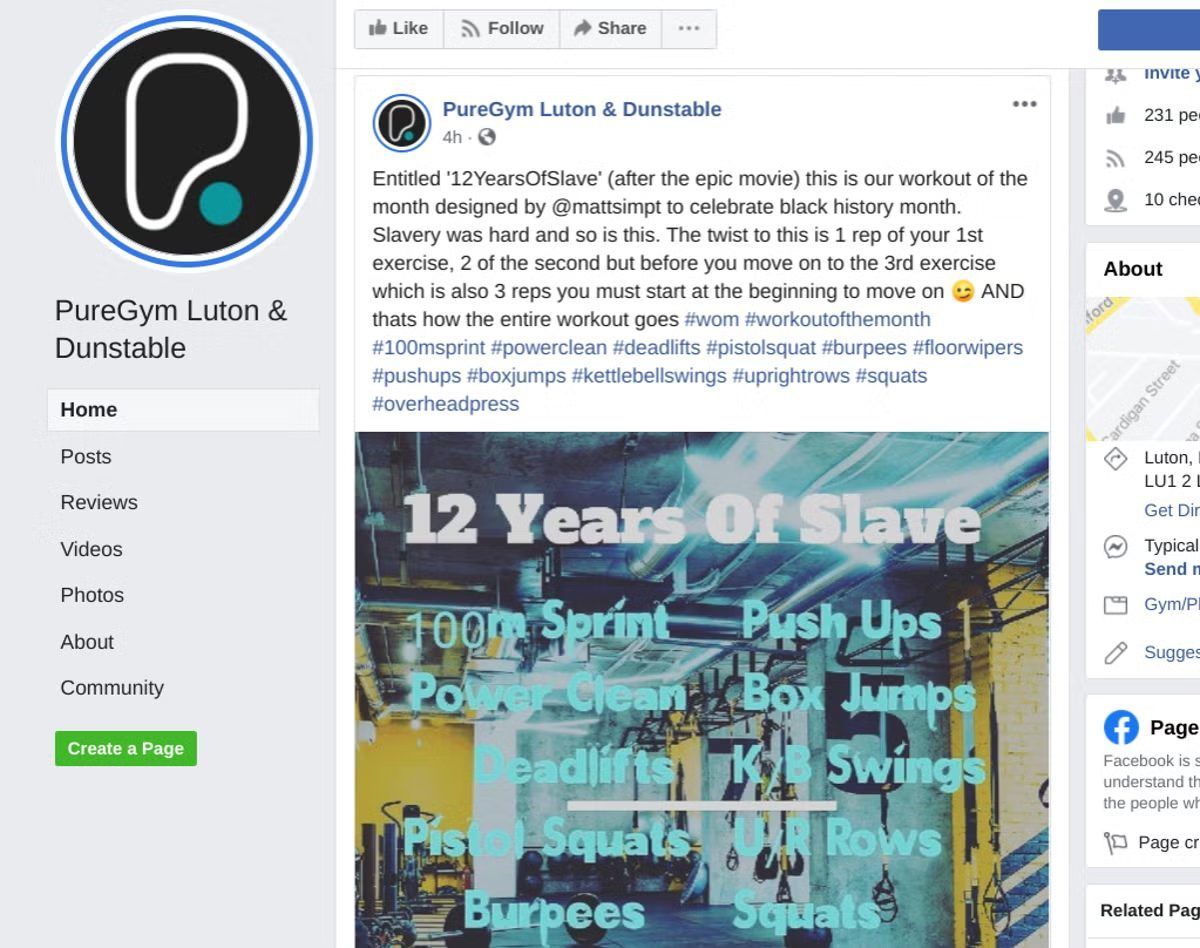
H&M – Coolest Monkey
In 2018, clothing retailer H&M faced significant criticism for an advertisement featuring a young black boy wearing a hoodie with the text “Coolest Monkey in the Jungle.” The choice of wording sparked outrage as many deemed it racially insensitive.
Rather than promoting the hoodie as stylish casual wear, H&M’s decision to label a black child as a “monkey” raised widespread condemnation. The public was quick to point out the historical racial connotations associated with comparing black people to primates.
The backlash against H&M was forceful and immediate. The company issued an apology and swiftly removed the controversial ad. However, the incident left a lasting impact on the brand’s reputation, serving as a reminder of the importance of cultural sensitivity in advertising.
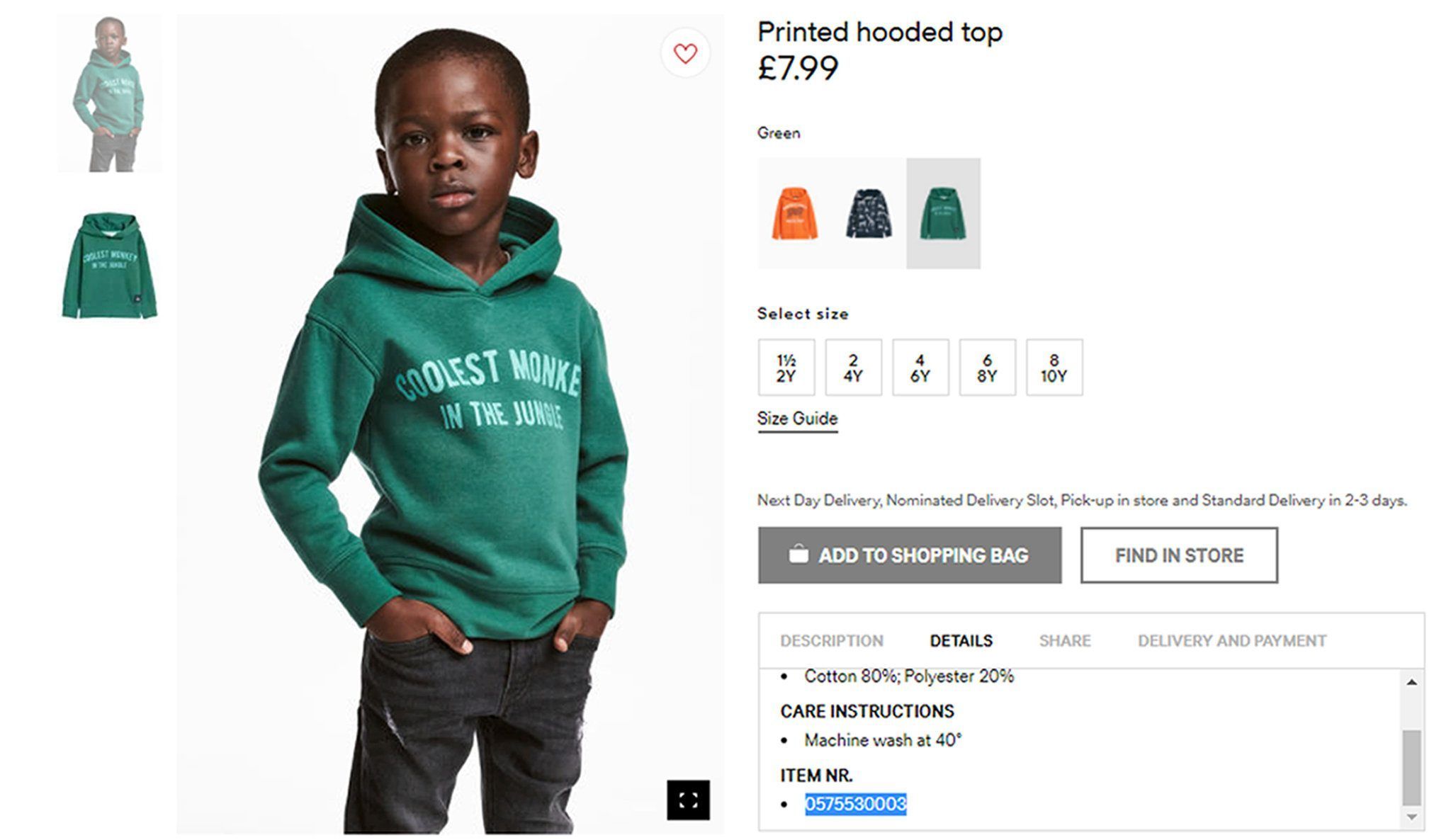
Lush – Spy Cops
In 2018, cosmetics brand Lush launched a campaign titled “Spy Cops,” aiming to shed light on undercover policing issues. The campaign featured storefront displays with police tape, slogans, and images of individuals accompanied by the hashtag #SpyCops, to encourage the public to speak out against undercover police surveillance of activists. The commercial depicted a woman interacting with a man who is later revealed to be an undercover police officer.
The controversy stemmed from the adverts assertion that police officers are paid to deceive, leading to backlash from the police force and their families.
However, the campaign quickly faced public backlash for being perceived as insensitive and damaging to the reputation of the police force. Critics argued that the use of the term “Spy Cops” oversimplified complex issues surrounding undercover policing and undermined the efforts of law enforcement.
Lush defended its campaign, stating its intention was to raise awareness about reported abuses rather than criticise all police officers. Despite this explanation, the public response was mixed, with some supporting the brand’s activism while others condemned it.
Protein World - Beach Body Ready
The 2015 "Beach Body Ready" ad campaign from Protein World featured a very slim, toned model in a yellow bikini asking "Are you beach body ready?" The ads drew intense backlash for promoting an unrealistic and objectified body ideal, especially for women. Over 70,000 people petitioned to have the ads removed, calling them sexist and body-shaming.
Critics argued the implication that you needed to look like the model to have a "beach body" perpetuated unhealthy body image pressures and could trigger eating disorders. Protein World defended the ads as motivational for healthy lifestyles, but the Advertising Standards Authority ruled the health claims were misleading.
The immense public outcry led some agencies to ban the ads. Protesters even defaced billboards over the campaign's perceived promotion of a harmful beauty standard. It sparked wider conversations around advertising and unrealistic body representations.
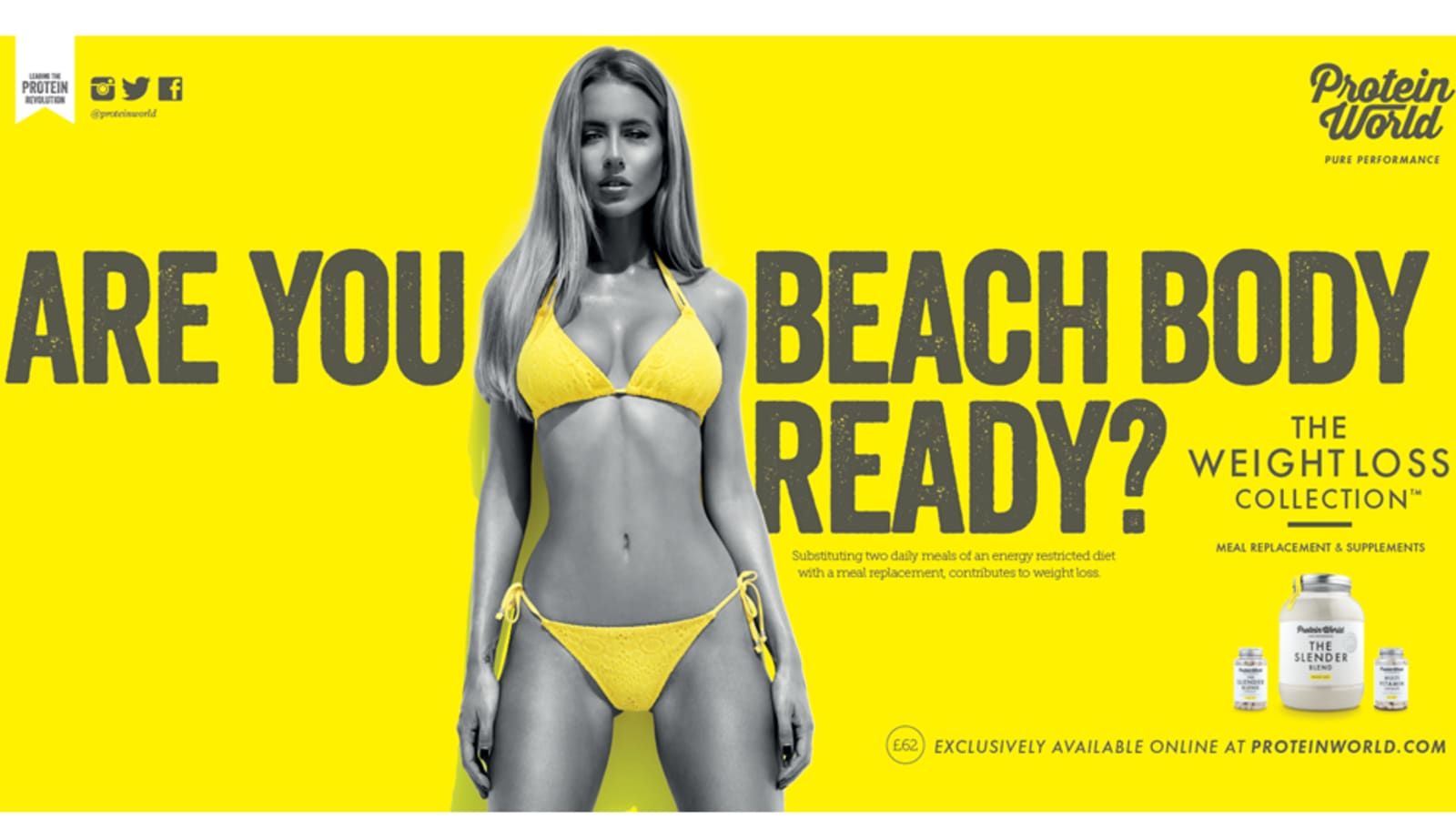
Bic - Look Like a Girl
In 2015, Bic launched the "Bic Cristal for Her" - ballpoint pens marketed specifically to women in feminine colors with "elegant" barrel designs. The tagline "Look Like a Girl" and claims the pens were designed to "fit a woman's hand" drew immense backlash.
Critics mocked Bic for playing into outdated gender stereotypes and the notion that women required specially designed pens just for their gender. Many saw it as a patronising, regressive view of women being overly appearance-focused.
The widespread negative reaction showed how overtly gendering a basic product through stereotypical "pinkwashing" was seen as an outdated and condescending marketing technique by 2015. Bic was accused of delegitimising women's professional capabilities through the sexist campaign.
Gillette - The Best Men Can Be
Gillette's "The Best Men Can Be" campaign, launched in January 2019, sought to address and challenge toxic masculinity, sparking a wide array of reactions from the public and media alike. The campaign was a pivot from Gillette’s longstanding slogan, "The Best a Man Can Get," and included a short film showcasing issues like bullying, sexual harassment, and the overarching effects of toxic masculinity. Despite Gillette's intent to promote positive behaviour among men and contribute to societal change, the campaign received significant backlash, particularly from those who felt it cast men in a negative light or was an attack on masculinity. This controversy was reflected in a divided public response, with some accusing Gillette of engaging in "outrage marketing" and others critiquing the company for not addressing gender equality within its own corporate structure.
In the aftermath, the campaign was criticised for potentially hurting Gillette's brand and sales, with some interpreting the move as an example of "go woke, go broke." Despite this, Gillette followed up with a campaign featuring a transgender man learning to shave, which received praise for its inclusivity and positive acknowledgement of the transgender community.
In the ad world, treading the line between making a point and causing a stir is tricky. These examples show how brands can stumble when trying to be bold.
Whether tackling social issues or aiming for laughs, the fallout from marketing choices goes beyond just selling stuff.
These controversies highlight the influence brands have and the need for them to be mindful of their impact on the public. While some navigate this tightrope well, others, as we’ve seen, face quick backlash.
In a time when every campaign is under a social microscope, the lessons from these slip-ups are crucial for brands aiming to connect with their audience. If you enjoy this article, make sure you check the most successful rebrands in history.












